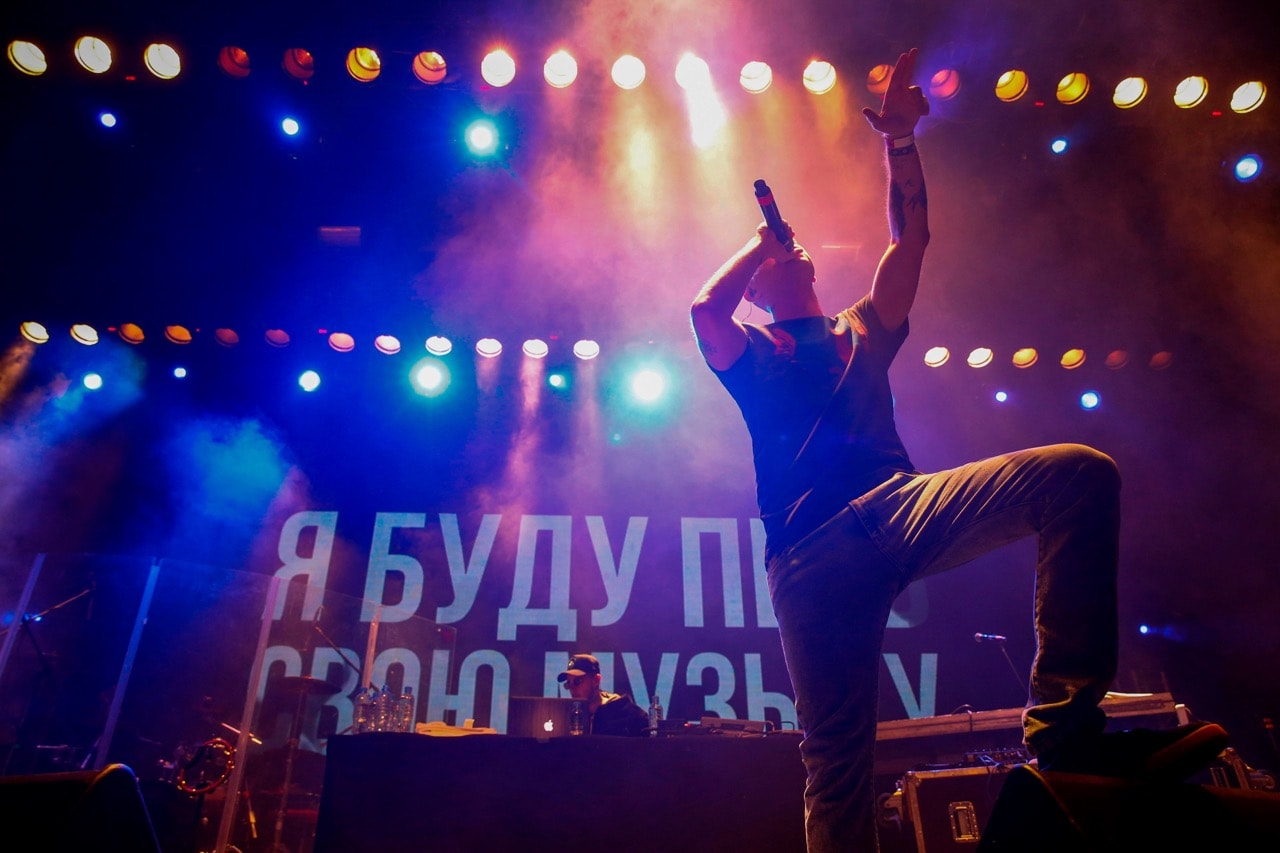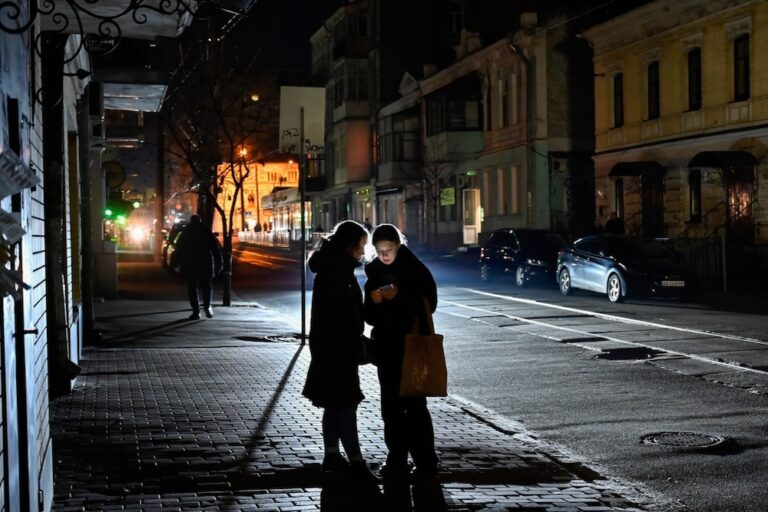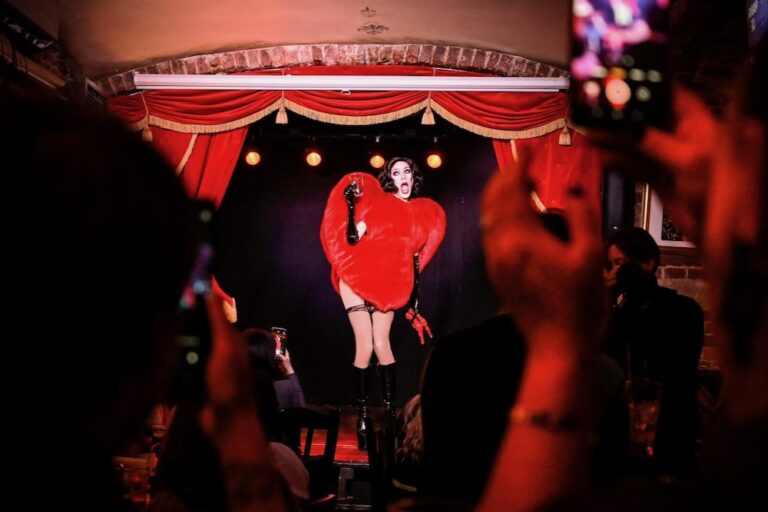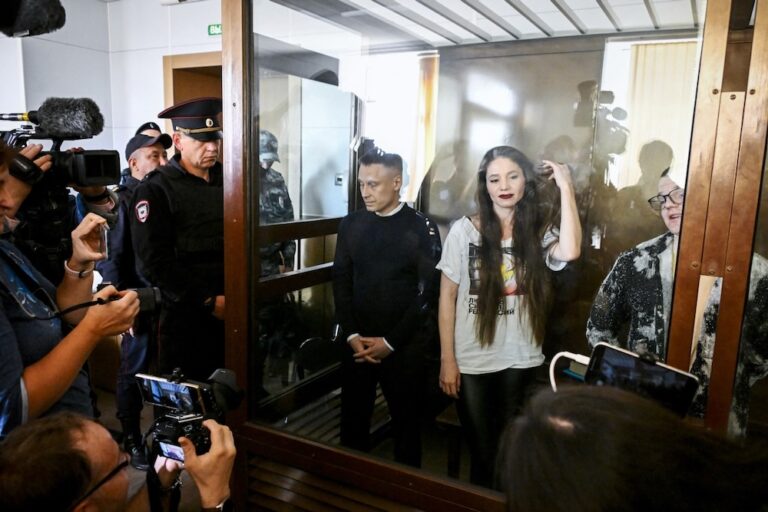In the last three months of 2018, at least 36 music performances were cancelled due to official intervention; authorities claimed they were upholding laws protecting children from the promotion of suicide and narcotics.
This statement was originally published on hrw.org on 28 February 2019.
Russian authorities have been interfering with performances of rappers and other musicians popular with younger audiences, forcing them to cancel concerts in acts of censorship that violate freedom of expression, Human Rights Watch said today.
According to Meduza, an independent online media outlet, from October to December 2018, at least 36 performances in cities across Russia were cancelled due to official intervention. Many of the targeted performers are part of Russia’s rap and hip-hop scene, and several are punk rock or electronic groups. In most cases, the authorities claimed they were upholding laws protecting children from the promotion of suicide, narcotics, and other harmful substances. In some cases, they claimed performances risked violating Russia’s ban on “gay propaganda.”
“Russia’s authorities are censoring music under the guise of protecting children,” said Tanya Lokshina, Europe and Central Asia associate director at Human Rights Watch.
The concerts were cancelled or broken up by police, Federal Security Service (FSB) agents, local prosecutors’ offices, municipal authorities, and Rospotrebnadzor, Russia’s consumer protection bureau.
Typically, the authorities pressured venue managers to cancel performances by issuing official warnings citing child protection or threatening to close the sites if the concerts went ahead. Officials also used such pretexts as alleged bomb scares and sanitation violations. In some cases, complaints filed by groups of concerned citizens apparently triggered the authorities’ actions.
Human Rights Watch interviewed six lawyers and one tour manager for artists who had particularly serious problems. Human Rights Watch also examined six warnings issued by the authorities to performance sites in six cities and gathered information regarding forced cancellations of concerts from the recording artists’ social media pages and the news media.
One of the hardest hit was Husky, one of Russia’s most popular rappers. Venues in Togliatti, Volgograd, Vologda, and Samara cancelled his concerts under pressure from the authorities. Police in Rostov-on-Don broke up his concert. In Krasnodar, one site cancelled his performance, then police broke up his concert at another site and arrested him as he sang to his fans in the street. Outraged by his arrest, a group of rappers organized a solidarity concert in Moscow.
“[Husky’s] freedom to express himself and make a living are [in jeopardy],” said Oxxxymiron, a top Russian rapper, in a video posted on his social media page. “This is lawlessness. I don’t share some of [Husky’s] views but… I think it is absolutely necessary to help him in this difficult situation. This is not so much about Husky, but about all of us, and the future of music in Russia.”
Authorities in Nizhny Novgorod pressured two sites to cancel performances by IC3PEAK, an electronic duo. Two sites cancelled their bookings in Kazan, and authorities broke up their performance at a third. In Perm, three sites cancelled, and law enforcement officials kept the group under surveillance. A venue cancelled a booking in Novosibirsk, where the police detained IC3PEAK for three hours after they arrived, and another venue cancelled a booking in Krasnoyarsk. In Voronezh, Rospotrebnadzor threatened to close a concert venue and the police attempted to break up their concert.
Three sites cancelled bookings by Friendzone, a band popular with teenagers, in Krasnoyarsk. In Kemerovo, police, municipal and prosecutor’s office officials coerced the site management to cancel one hour before a Friendzone performance. They ignored the group’s offers to change the original 12+ age tag to 16+ or 18+. Sites in Vologda and Volgograd also cancelled performances because of official pressure. Friendzone’s manager cancelled the remaining nine concerts on the group’s tour because they did not seem feasible under such circumstances.
The cancellations were accompanied by extensive news coverage and a crescendo of government officials and policymakers condemning rappers and other performers popular among younger audiences.
Vitaly Khmelnitsky, a senior Interior Ministry official, said during a December 7, 2018 roundtable discussion in the lower house of Russia’s parliament that “this [music] should not expose people’s disgusting and low vices, pushing them to commit crimes, but [instead] cultivate the values of leading a decent, full and healthy life, serving the country…”
By late November, several officials had spoken out against the cancellations. President Putin’s Special Representative on Culture compared prohibiting rap music to the ban on certain rock musicians in the USSR in the 1980s. And Sergei Kiriyenko, the deputy head of Russia’s presidential administration said, “We must be able to work with modern youth culture,” and that banning concerts was “nonsense.”
In December, President Vladimir Putin said that rap music was based on drugs, sex, and protest, but suggested that cancelling concerts was “inefficient” and that authorities should instead “lead [performers] in the right direction.”
In January, the federal prosecutor general’s office instructed its regional branches to determine whether the wave of cancellations was lawful. There has not yet been any public information on actions taken by the offices’ inquiries.
Neither Husky, IC3PEAK, nor Friendzone, tried to tour in January and February, so it is not clear whether they will face more interference. However, on February 13, Makroconcert, an arts and entertainment company in Kaliningrad, stated that a concert by Allj, a hip-hop performer, scheduled for February 16, had to be cancelled “due to pressure” from governmental agencies and nongovernmental actors. The head of Makroconcert, the concert organizers, said that the pressure was triggered, among other things, by a public petition calling on officials to cancel the concert because such art “runs contrary to [Russia’s] cultural policies,” and stating that Allj’s music is a “damaging influence” on children and adults.”
Freedom of artistic expression is part of the broader right to free expression protected under international law, including Article 19 of the International Covenant on Civil and Political Rights, Article 15 of the International Covenant on Economic, Social and Cultural Rights, and Article 10 of the European Convention on Human Rights. In her March 2013 report to the United Nations Human Rights Council, the special rapporteur in the field of cultural rights, Farida Shaheed, noted that “artists should be able to explore the darker side of humanity, and to represent crimes or what some may consider as ‘immorality’ without being accused of promoting these.”
“Russia’s authorities should stop censoring concerts,” Lokshina said. “Their actions aren’t protecting anyone and are instead violating free expression.”
Russian Law
The 2010 Law #436-FZ on Protection of Children from Information Harmful to Their Health and Development bans the dissemination among children of information and images pertaining to suicide, drug use, and the like. In 2012, it was expanded through the adoption of Law #139-FZ mandating the creation of a blacklist of internet content harmful to children and a regulation introducing age-specific advisories for publications, broadcasters, films, performances, etc. In 2013, parliament adopted Law #135-FZ, widely known as the “gay propaganda ban,” to prohibit promoting among children “the denial of traditional family values,” and “non-traditional sexual relations.” Article 6.17 of Russia’s Administrative Code prohibits dissemination among children of prohibited materials, including those that have obscenities or encourage consumption of alcohol and or prohibited substances.
Husky
Husky (real name Dmitry Kuznetsov) became widely known among Russian rap and hip-hop fans after the release of his 2011 debut single 7 October, coinciding with Putin’s birthday. The song depicted a king at a feast while his subjects live in poverty. In January 2018, Husky was named Russia’s third most popular rapper in an online survey. His videos and lyrics are rich in metaphors, and include graphic, violent, and sexually explicit imagery. His music videos have garnered millions of views, and he has over 243,000 followers on VKontakte (VK), a prominent social media site.
On October 26, Husky’s planned concert in Togliatti was cancelled. According to social media posts by Husky and the concert’s organizers, the cancellation allegedly followed a warning from the prosecutor’s office to the concert site. Husky wrote on his VK page that the prosecutor’s office objected to his song Poem about the Motherland, which included the line, “Remember how you died and we ate your flesh?”
Two weeks before a November 4 Husky concert in Samara, the local prosecutor’s office inspected the venue to ensure “compliance with the rights and lawful interests of minors and youth” and issued a written warning because it used a 16+ age marker on ads for the concert, rather than an 18+ age marker. The venue informed the concert organizers that it could not accommodate the event.
.
Please see the full statement on HRW’s site.



